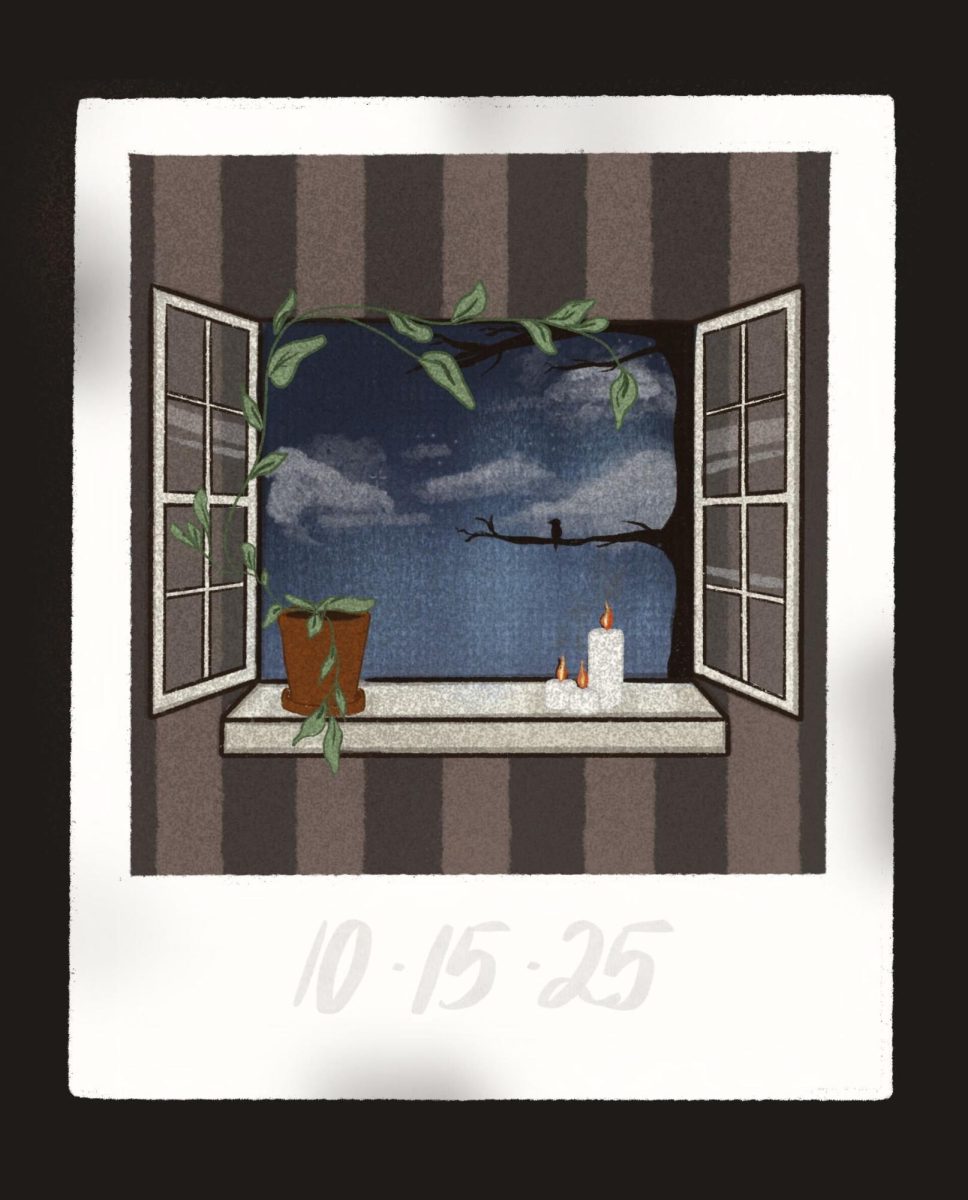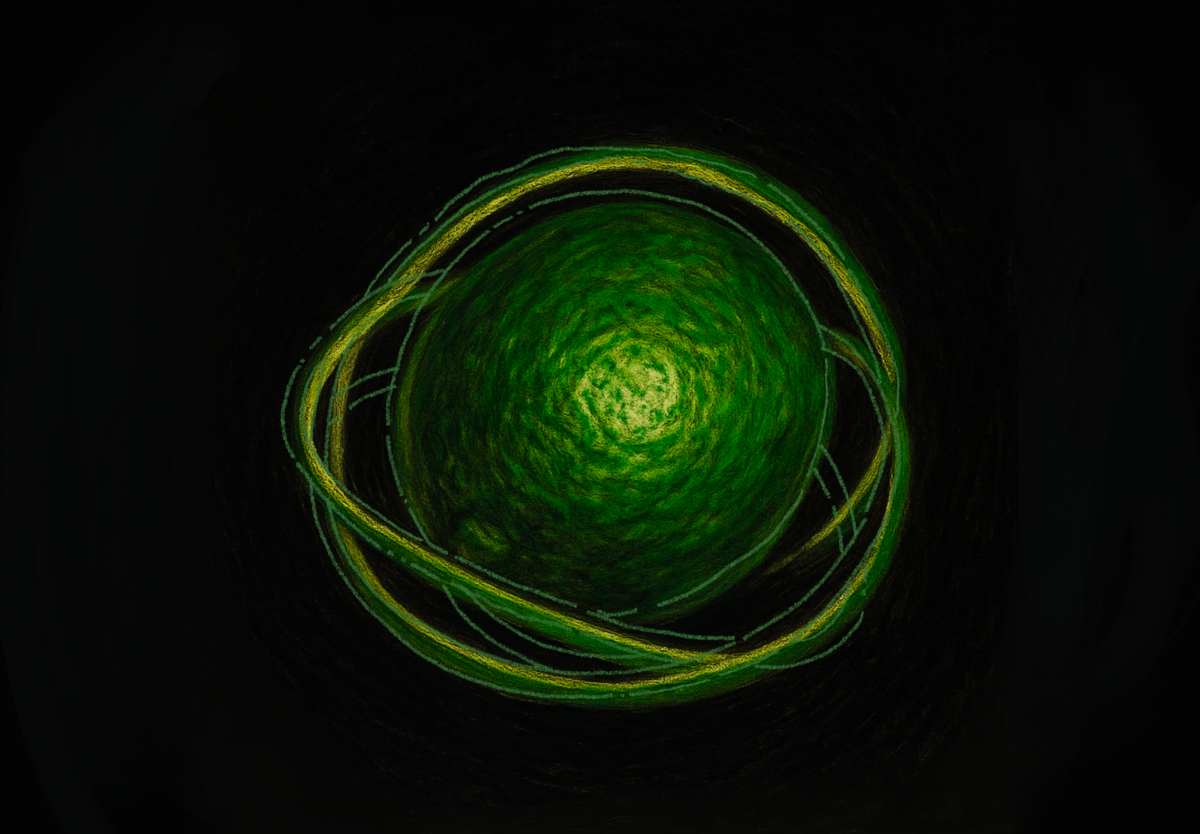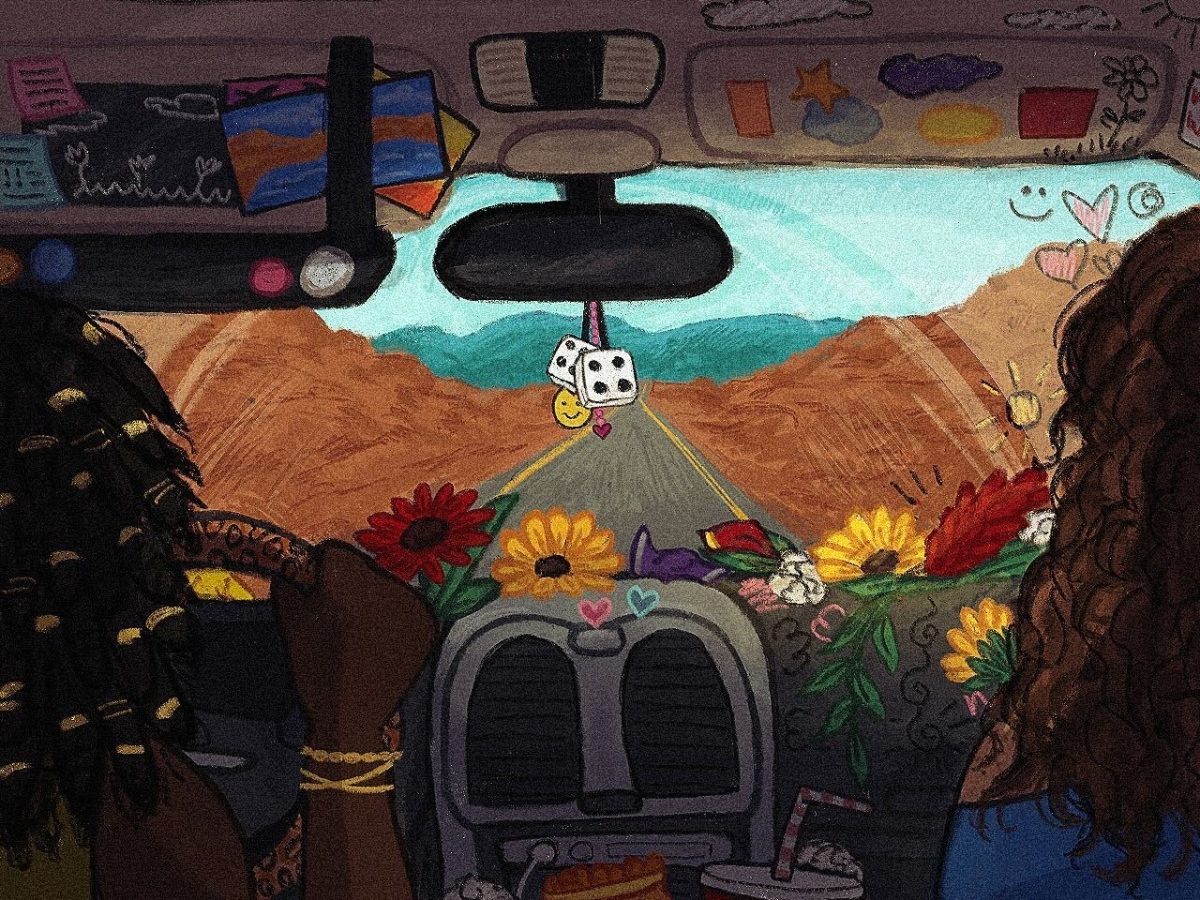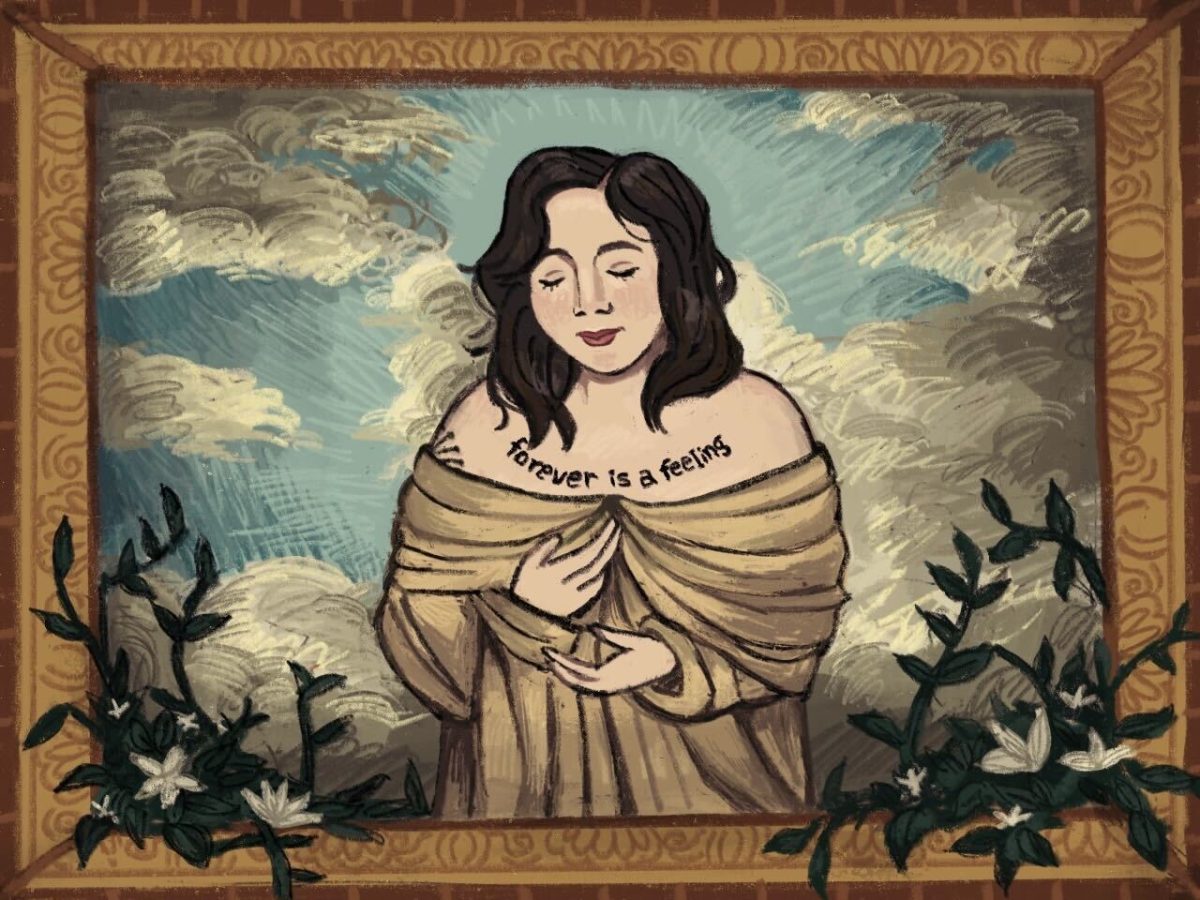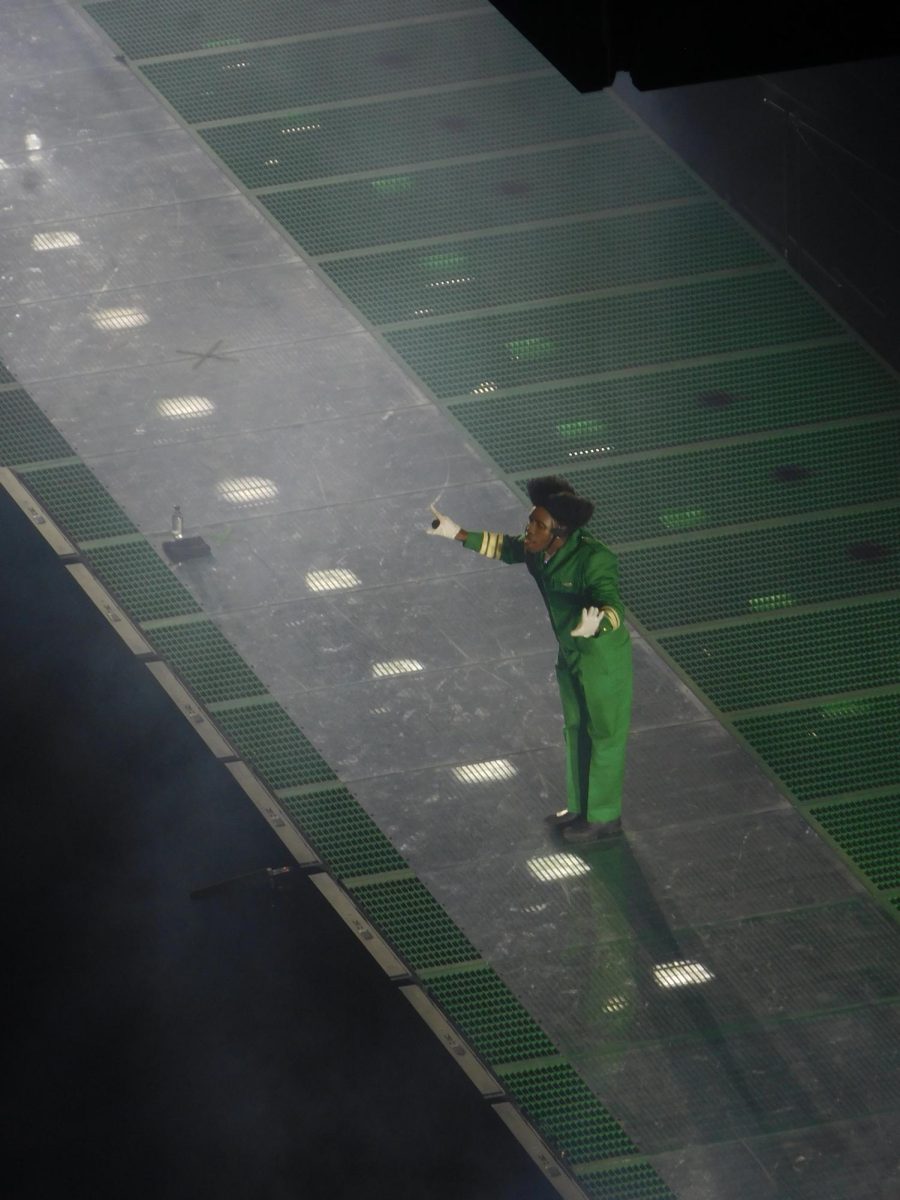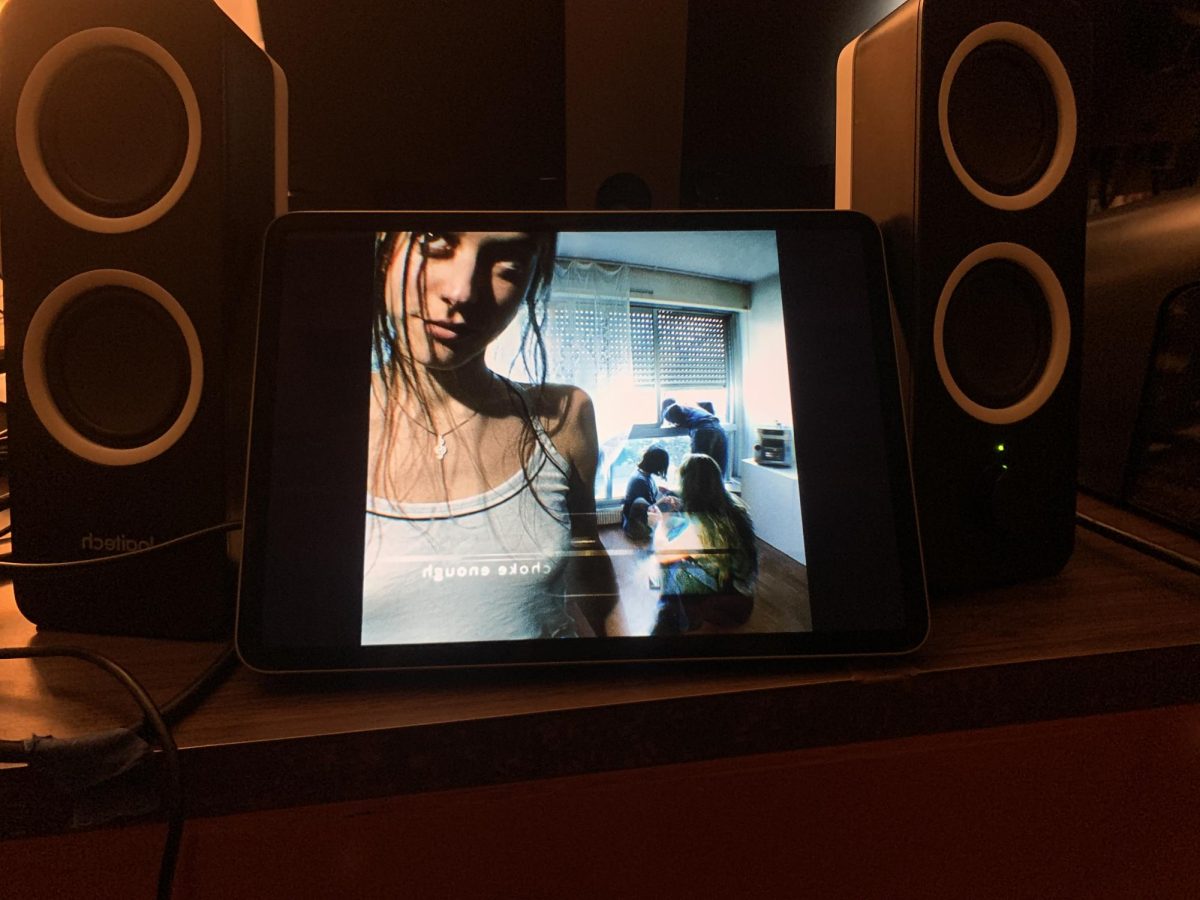I have had an intimate knowledge of history since I listened to Mike Duncan’s podcast Revolutions — learning about those cataclysmic periods of change, from the U.S., to France, to Russia, while riding to and from school every day for eight years.
“Andor” is a composite of all those revolutions.
A composite of such quality that it takes no effort to see it as its own, whole complete work.
That is pretty much all good art for you right there, but the showrunner Tony Gilroy is compositing history in conjunction with every showrunning, writing, and directing technique assembled to create a show of this magnitude.
The core of its story is the journey of the titular Cassian Andor, as he transforms from thief, to mercenary, to a committed revolutionary. Spinning around him we follow a diverse cast of characters — from his handlers to the politicians which fund them, from mall cops to ship mechanics, to the secret police dogging his every footstep in a galaxy, reverberating ever more strongly with the oppression of a fascist regime.
It’s a story of radicalization, but his life resembles — as one reviewer put it — something less like Han Solo, and more like a young Stalin before his dictator days.
Underlying nods to historical events are everywhere in the show, placed with such care and entwined with such grit that you could take an event from the show and see its resemblance to a half-dozen historical events.
You can see the ghosts of real-world, long-dead foreign ministers, revolutionaries, politicians, and secret police officers haunting every sci-fi street.
But it is part of the “Star Wars” franchise, and it is sci-fi. I didn’t forefront either of those things, though, because they are not what is important, or super noticeable, about this show.
It’s the show’s quality, gripping characters, and acting informed by history which caught my attention.
And while a lifelong love of history will make you happily stomach the parched dryness of a tome on some long-dead and half-forgotten historical figure with interest, “Andor” breathes life into dead-men’s tales with the vigor of its characters and the energy of its writing.
It takes some of the best and most original stories there are — real history — and unearths them from academia while molding them into a relevant narrative. So you don’t need to know a single one of the long-dead people it draws its inspiration from. Because with all those elements it simply makes a really good story out of really good, really real, stories.
Though, this has led some to label its political commentary as timeless — not a product of our particular modern situation, but commentaries stemming from only the historical situations it embodies.
It is a commentary on today.
The tensions of our modern day constantly inform our art — even more so art which uses historical examples to paint our lives in allusions to the past.
Is it a historical allusion to the eastern front of WWII when Nazi-esque halftracks search a yellow-grassed farmstead in one scene — even if they are floating and everyone has laser-guns?
Yes.
Are the imperials also looking for illegal immigrants — very much a modern day commentary?
Also yes.
And that’s part of what makes it great.
It’s all the more powerful because of both the reality of its stories in the past, and the chance they will, or already have, played out in the modern day.
This means people will endlessly debate over its politics, wanting to claim the quality and power of its stories for their cause, and I do think some of those interpretations and views have more merit than others.
But arguing over different interpretations merits is not why I brought this debate up.
I brought this up to point out that people want “Andor” to represent their viewpoint because of its power. It speaks to us in its groundedness and tragedy, and in its grandiose moments which still feel real, in the struggles of lovers and immigrants, of office workers and world-shakers.
It is part of a 40-year-old franchise that has spawned countless adaptations since its inception — one that is at the same time beloved in equal measure as it is disregarded for its childishness.
But whether or not you care about “Star Wars” or history, or couldn’t care less about either, you should still watch it.
Because of that topicality, because of its groundedness, and because it is simply one of the best written, best directed, and best produced shows in recent memory.
If you don’t care about space wars, that’s fine.
Care about the characters: people who, no matter their inspiration, feel like they could be walking not through the pages of history, not through the stars, but through the modern day.
Care about the man trying to care for his aging mother, care for the man crushed under the weight of the corporate ladder, care for the woman trying to make change in a system rigged against her, care about the woman trying to balance the cause she would die for, and the woman she would die for.
But liking some space “The Wire”-esque spy thriller helps.
Still, if you do know the broader strokes of the story, you can all the more see this tragedy of dreamers and lovers hurtling like a freight train toward a cliff. And while you might — if you have seen some other “Star Wars” movies — know that “Andor” himself survives the show, the story only elevates the tragedy of his next chapter rather than diminishes it.
Because it is tragic.
It’s not just the titular character, but a whole cast of characters, who in challenging the fascist regime they live under are doomed, and their opposites, who even in their dedication to the regime are just as likely to simply be chewed up and spit back out.
It’s not a Shakespearean tragedy though.
Hope, love, community — these themes are the lifeblood of the show. And even after a pointless death, a pointless evil, the dread hanging everpresent, a mother or lover never seeing the person they care for again, those themes live on.
For the power of its characters who are history revitalized, and the power of its story informed by our past yet commenting on the present, I recommend “Andor.”



